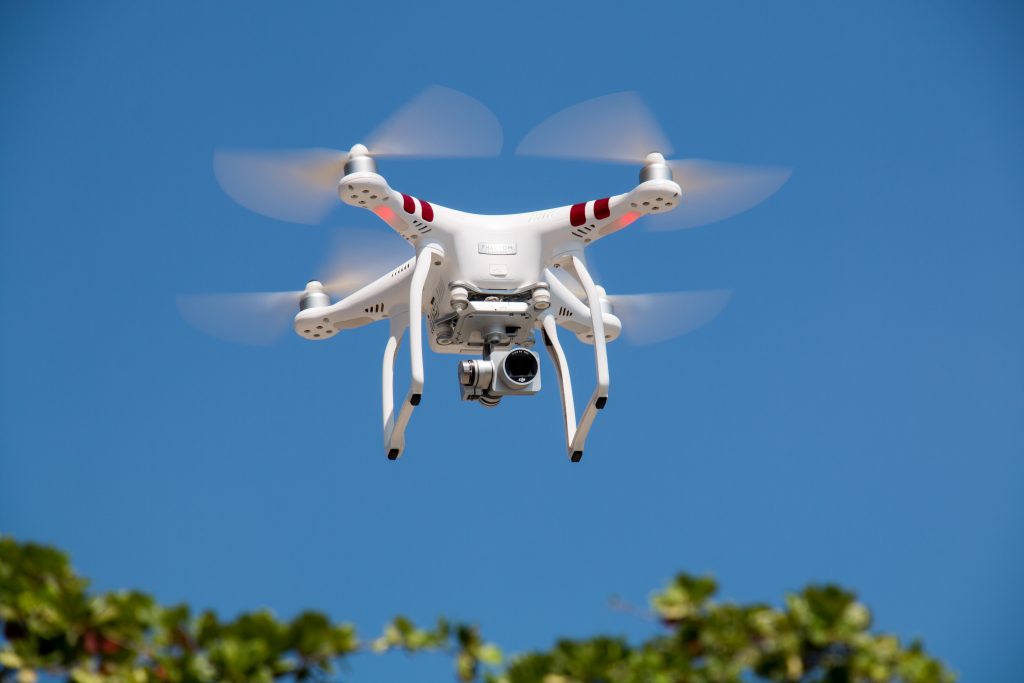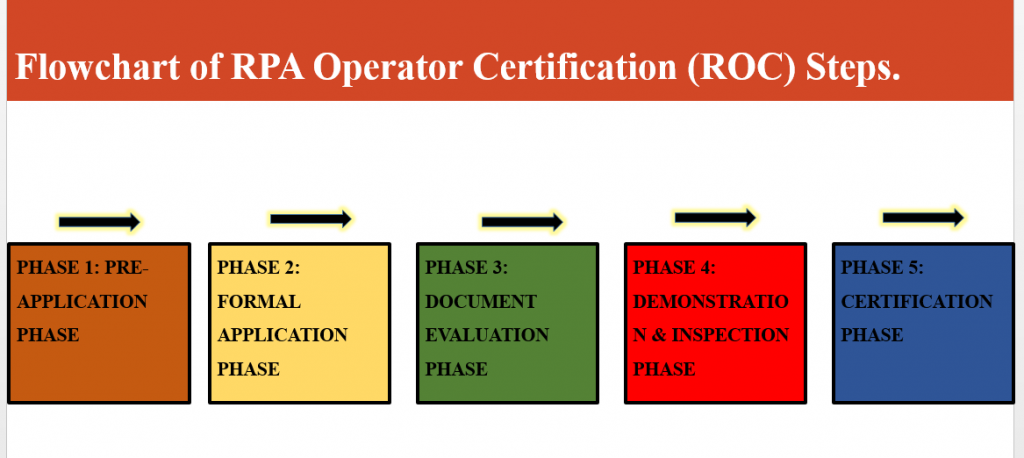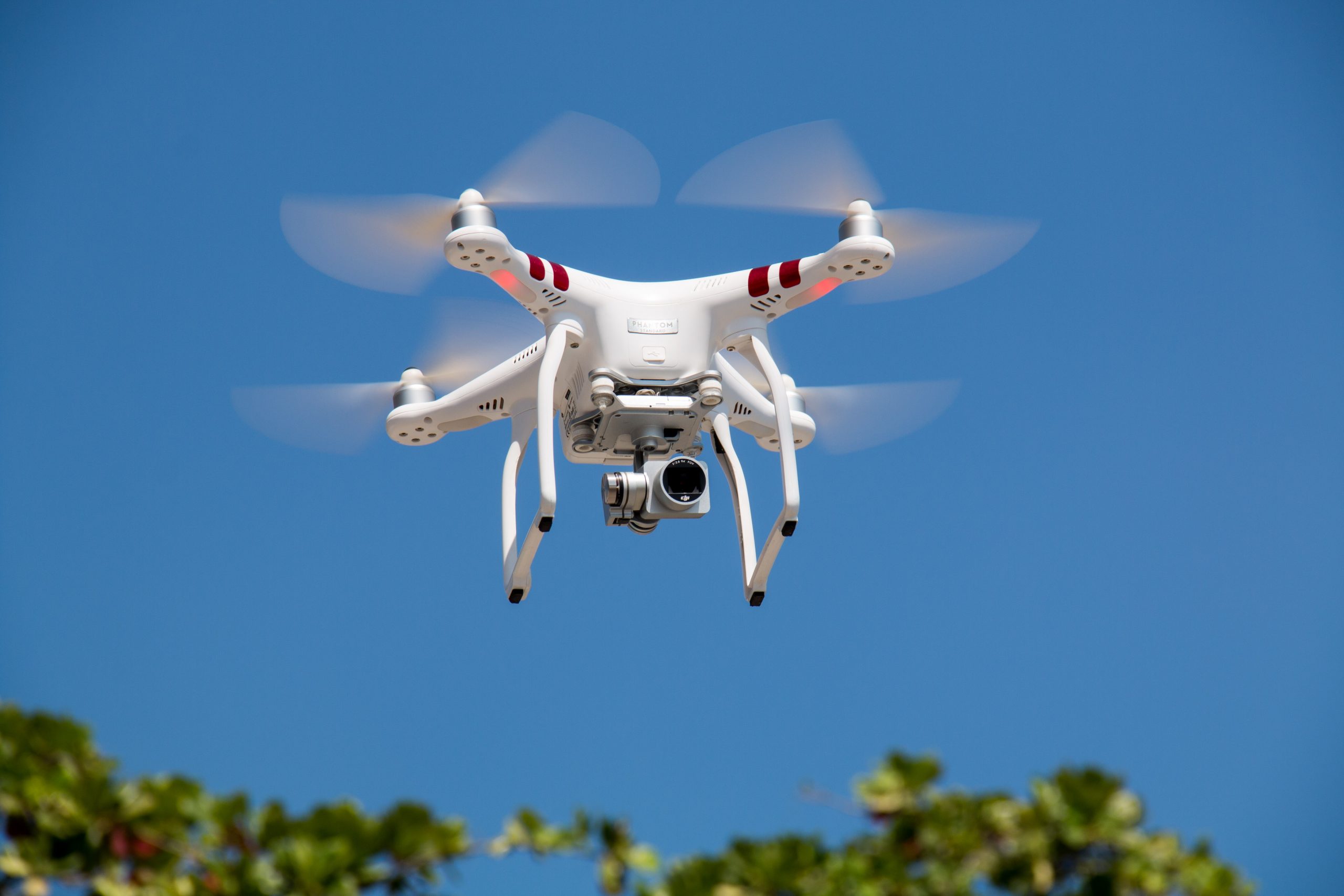By Shadrach Swanteh Kambai

Unmanned aerial vehicles (UAVs) or remotely piloted aircraft systems (RPAs) such as drones can be used to deliver packages to customers. They can be controlled remotely with the help of distribution centers and operators, or autonomously utilizing AI technology (Lewis, n.d.). The continuous use of conventional ways of distribution was no longer viable in terms of efficiency and profitability, which slowed the expansion of e-commerce in Nigeria, as a result, the use of drones became necessary. However, despite the advancement in the capability of RPAs to avoid collisions with other drones in flight, the influx of organizations adopting the use of drones for delivery or recreational purposes, navigating through urban landscapes, and employing smart landing techniques, there are still some regulatory and compliance limitations that are necessary to maintain order in the industry and to ensure safety, efficiency, and sustainability with other users in the airspace.
New Offer: Gulfstream-400 Private Jet for Sale @1.2Million USD
Government/Aviation Affairs Management
In Nigeria, the Nigerian Civil Aviation Authority (NCAA), like any other nation-state, has the power to set regulations, publish advisory circulars, supervise compliance, grant or refuse operating certificates for the use of drones, license employees, inspect buildings, and examine equipment. Therefore, all organizations like Zipline and Life bank that are already operating drones in Nigeria for commercial purpose, must ensure they employ the services of a competent person who have the capacity, experience, and social capital to prepare, initiate, plan, execute, manage, analyze, evaluate, present, and sustain relationships between their organizations and all relevant government agencies.
Furthermore, this person must have sufficient practical knowledge of civil aviation regulations, its standard recommended practices, the standard operating procedures, and the ability to ensure compliance with all regulations for seamless and effective operations.
Finally, the individual must possess excellent communication skills in order to effectively convey to all stakeholders the programs, plans, and strategies of his organization. They must also be able to recognize areas that require improvement and offer suggestions to the authority and operator without compromising the standard.
7 STEPS TO GET AN AIR OPERATOR CERTIFICATE IN NIGERIA
The Certification and Approval Process
As of April 2022, the Nigerian Civil Aviation Authority issued an Advisory Circular (AC) to provide general information and guidance to applicants for the certification and approval of organizations and operators of RPAs in compliance with the Civil Aviation Regulations
The process for obtaining organization and operator certifications and approvals for remotely piloted aircraft systems, respectively, involves five phases, according to NCAA-GEN-007 (2022). The steps are carried out during certification in the order listed below. The previous step must be successfully completed in order to proceed to the next.

Phase 1: Pre-Application Phase
Pre-application Statement of Intent (PASI)
The PASI Form: AC-AW-061E will be used to evaluate the complexity of the proposed operation. The certification process will be regarded as a project. This allows the establishment of the certification team based on the complexity of the certification.
Phase 2 – Formal Application Phase
During this phase, the applicant is required to submit the formal application Form AC-AWS-061F along with other documentation:
- Documentation and Manuals: Operations Manual and Maintenance Control Manual.
Personnel requirements will include among others;
a) Key personnel:
i. Accountable Manager
ii. Head of Operations (Chief Pilot)
iii. Head of Maintenance
b) Their qualifications
c) Training requirements
Phase 3: Document Evaluation Phase
- The NCAA will complete a thorough review of the manuals after which
- A fully completed Statement of Compliance must also be submitted with the manuals.
- Security clearance and end-user certificate.
The End-User Certificate: Prior to the importation of RPAS/UAVs to be utilized for any commercial operation in the country, an applicant will be required to undergo a security screening at the Office of the National Security Adviser (ONSA) to obtain a Security Clearance and End-User Certificates.
Note: The applicant must formally notify the Authority after it has obtained the EUC and Security Clearance.
Here are some of the mandatory documents needed before applying for the EUC:
- Formal Application letter from NCAA
- Certificate of Incorporation (corporation)
- Company’s Director’s Profile
- Form CO7
- Copy of Directors / Owner(s) Passport Data page
- Letter of introduction from Acquirer
- Proforma Invoice/ Proof of ownership
- Current Tax Clearance
Note: End-User-Certificates requests by private companies will be recommended through the Office of the Commandant General, Nigeria Security and Civil Defence Corps (NSCDC).
Phase 4: Demonstration and Inspection Phase
In this phase, after approval or acceptance has been given to all the required documentation, the applicant will enter the “Demonstration and Inspection phase”.
Note: mostly for special operations approval e.g. flying at night.
Phase 5: Certification Phase
Once phase four is completed, the DG will issue the applicant with RPAS Operating Certificate (ROC) as well as the Conditions and Limitations.
Conclusions
Although obtaining the certificates and other permits is a challenge, maintaining the relationship between the drone operators in Nigeria and the regulatory body is manageable with the proper employee who has the necessary education, social capital, and experience.
The certificate holder must understand that he is responsible for maintaining compliance with the rules, permissions, restrictions, and clauses of the certificate as well as operational requirements.
In order to guarantee ongoing adherence to the rules and safe operating practices, the NCAA will also conduct spot inspections and conformance audits of the operator’s operation twice a year. Keep in mind that no person or organization may use an RPA without the proper permission from the competent authority and other security agencies.
Recommendations
- The organization must ensure strict compliance with all rules and regulations during its operations.
- Ensure all company policies and operational plans do not contradict the rules and regulations of the country.
- Operators should adhere to the operational specifications strictly as contained in their approved list of areas to operate.
- Organizations must ensure all stakeholders are adequately informed of all their programs and plans through effective and proactive communication.
References
Lewis, S. (n.d.). What is a delivery drone? – Definition from WhatIs.com. WhatIs.com. Retrieved March 7, 2023, from https://www.techtarget.com/whatis/definition/delivery-drone#:~:text=A%20delivery%20drone%20is%20a
Regulations 8.8.1.33 & IS 8.8.1.33 of the Nigeria Civil Aviation Regulations.
Regulations 10.8.1.1 of the Nigeria Civil Aviation Regulation
NOTE: FOR MORE DETAILS AND UNIQUE SOLUTIONS FOR YOUR ORGANIZATIONS, CONTACT shadrach@cliqjets.com Or WhatsApp: +234 9015582083





Interesting times for e-commerce in Nigeria.